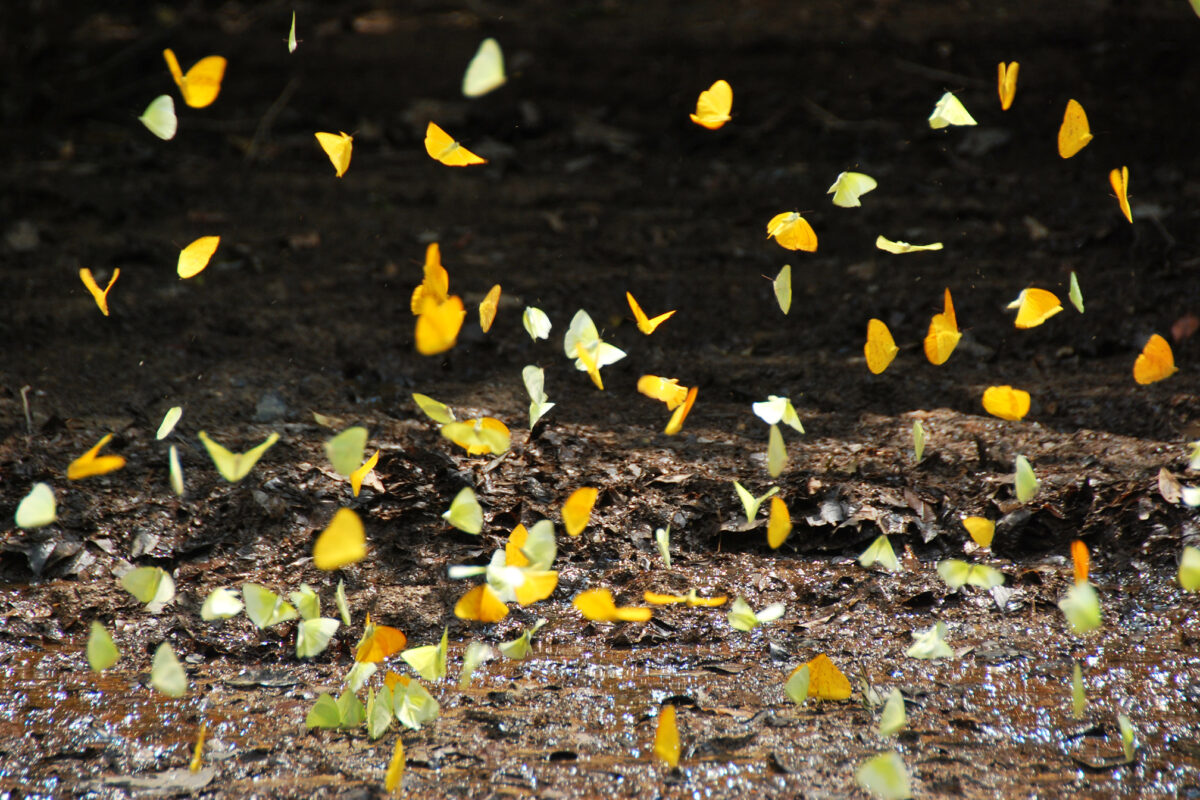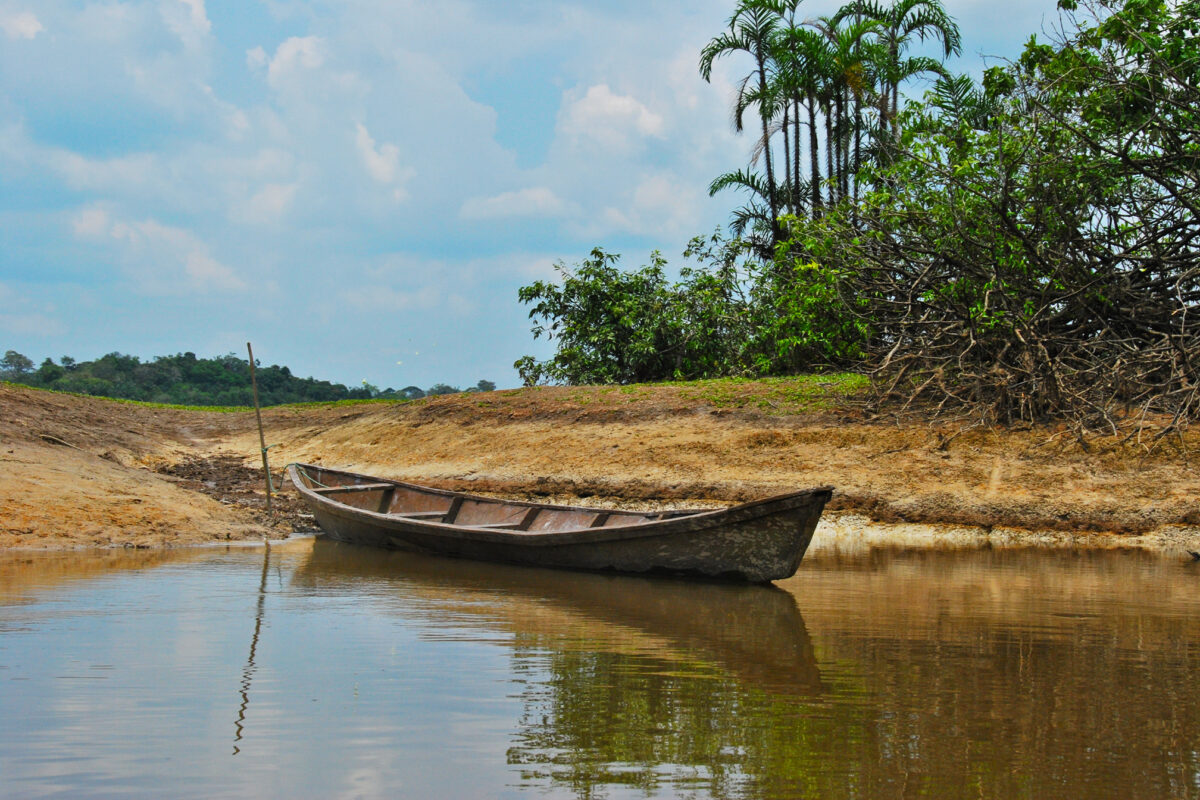As the demand for butterflies, spiders, ants and other terrestrial invertebrates grows worldwide, researchers in a recent study say better policy and regulation coverage can help ensure sustainability.
The researchers reviewed existing scientific studies that mention the trade in terrestrial invertebrates and found that most research focuses on the exotic pet trade, specifically of spiders and insects. The review also found that live invertebrates are traded to be kept as pets, for pet food, research, education, honey production, pollination services and entertainment such as beetle wrestling. Dead or preserved invertebrates are often traded as decorative ornaments, as food sources and in traditional medicine practices.
The reviewed studies also showed that invertebrates are traded both physically in community markets, grocery and pet stores, but also traded on social media, pet store websites, international auction platforms and on the dark web.
Sandra Altherr, a biologist and co-founder of German charity Pro Wildlife who wasn’t involved in the study, told Mongabay by email the findings weren’t surprising. “We have been observing the exotic pet trade in Europe for more than 25 years and have indeed noticed an increasing shift in the market towards tarantulas, scorpions, ants, praying mantises, bugs, or crabs as exotic pets – for terrariums or aquariums.”
Alice Hughes, an associate professor at the University of Hong Kong who was also not part of the research, told Mongabay by email that such studies “provide a critical baseline to understand dimensions of trade, which provide the basis for monitoring, and hopefully better regulation.”
While unsustainable harvesting of invertebrates can cause population declines, disruption of food chains and habitat destruction, the trade can also provide livelihoods to local communities or become an opportunity to educate the public on conservation, the authors write.
They add that eliminating the trade is “far from possible” but say certain actions can ensure sustainability, citing the success of the government-led Insect Farming and Trading Agency (IFTA) in Papua New Guinea, which has “effectively balanced economic interests with conservation requirements” for butterflies. The authors also recommend aligning national and international policies to engage with courier services for better monitoring and for CITES, the global wildlife trade treaty, to expand its appendices and include more terrestrial invertebrates that require improved conservation efforts.
“I fully agree with the authors’ finding that CITES needs to do more for invertebrates,” Altherr said. “The next CITES conference will be from 24 November to 5 December – and one of the tabled proposals will be to list 15 tarantula species from Latin America in CITES App. II (a proposal by Bolivia, Argentina, and Panama).”
Hughes added that “most species in trade have vanishingly little data to understand any of the dimensions of trade” and that baseline data based on universal standards “would be a first step to identifying potentially vulnerable species, and managing the trade.”
Banner image of a honeybee farm by Nelynnnnn via Wikimedia Commons (CCO 1.0).














